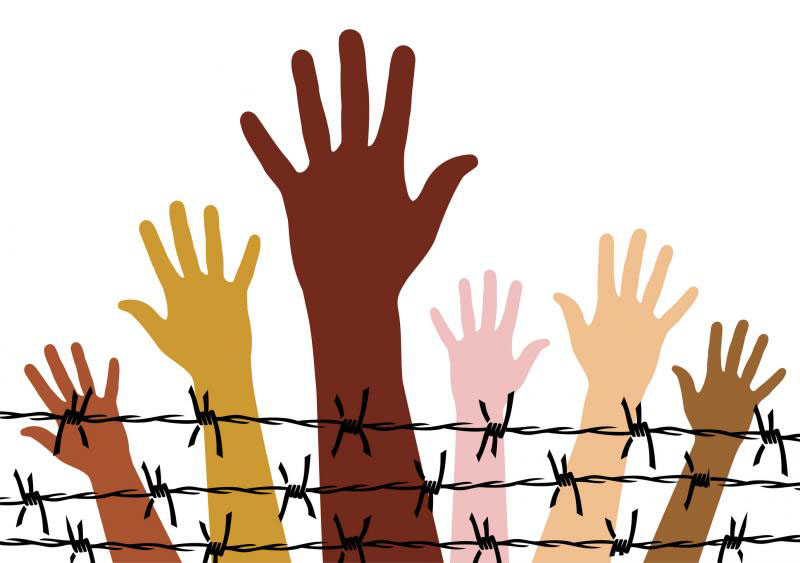
Four Geneva Conventions for the Protection of Victims of Armed Conflict
Moatinoon
It is important to learn the compendium of human experience in dealing with war and armed conflict without considering it necessary to continue. This is necessary to solidify the national values and principles that we must embrace, not in making war coexistent. But to blockade violations and to hold them accountable, and the necessity of this according to the principles we believe in as Sudanese and as part of this world And so we have to be concerned with limiting the violations against both civilians and the military right now, What means more than surviving under the terms of war is life through the duties of peace.
Geneva Convention I: Improving the Situation of the Wounded and Sick in the Armed Forces in the Field, August 1949.
The first version was signed by 1864. before it was substantially reviewed and replaced by the 1906 version, as well as the 1929 version, before the signing of the four Geneva Conventions on 12 August 1949.
Geneva Convention II: To Improve the Situation of the Wounded, Sick and Drowned Armed Forces by Sea.
The first version took place in 1906 after the Russian-Japanese War. Before signing the four Geneva Conventions.
Third Geneva Convention on the Treatment of Prisoners of War. The first version was signed in 1929, and it is important that, according to the last version in accordance with the four Geneva Conventions of the year 1949 the definition of prisoners of war in accordance with article 4 of the Convention; Armed forces, militias and units serving as volunteers in these forces, militias and other units supporting one of the parties to the conflict as resistance movements and adhering to the laws and rules of war.
Fourth Geneva Convention: Protection of civilian persons in times of war
The definition of civilians here includes all persons who are not directly involved in hostilities including members of the armed forces who laid down their weapons, and persons unable to fight because of illness, injury, detention or for any other reason without any harmful discrimination based on race or colour . religion or belief, sex, birth, wealth or any other similar criterion. For this purpose, the following acts are prohibited with respect to the above-mentioned persons and remain prohibited at all times and places.

